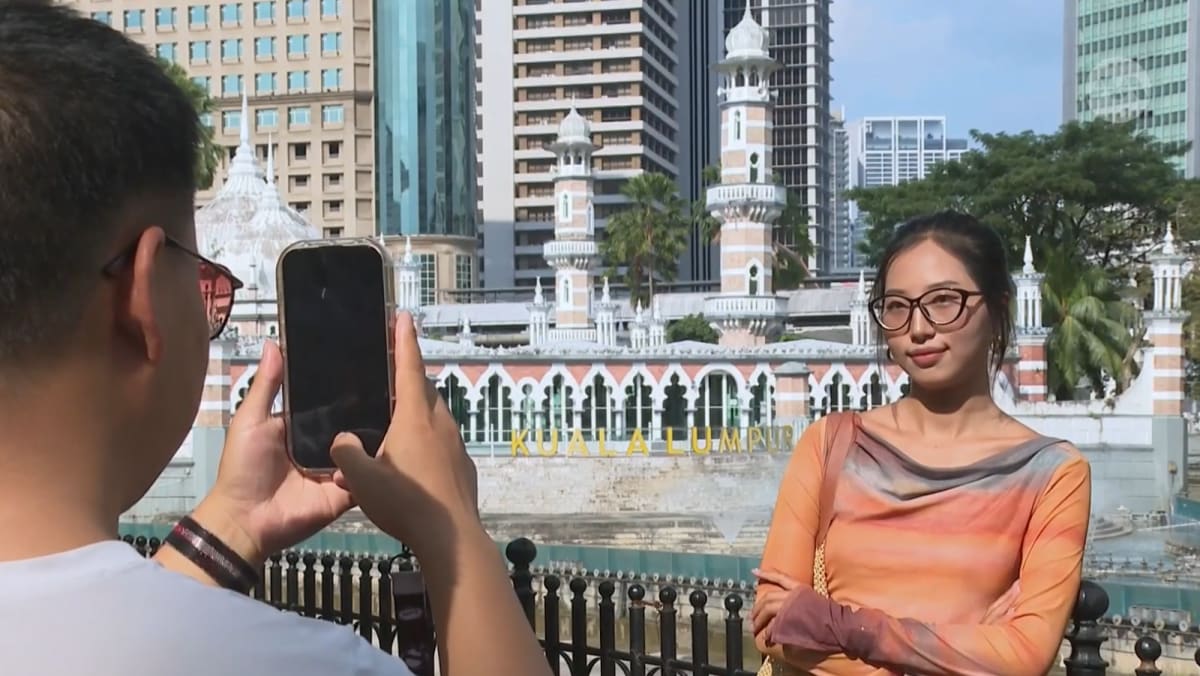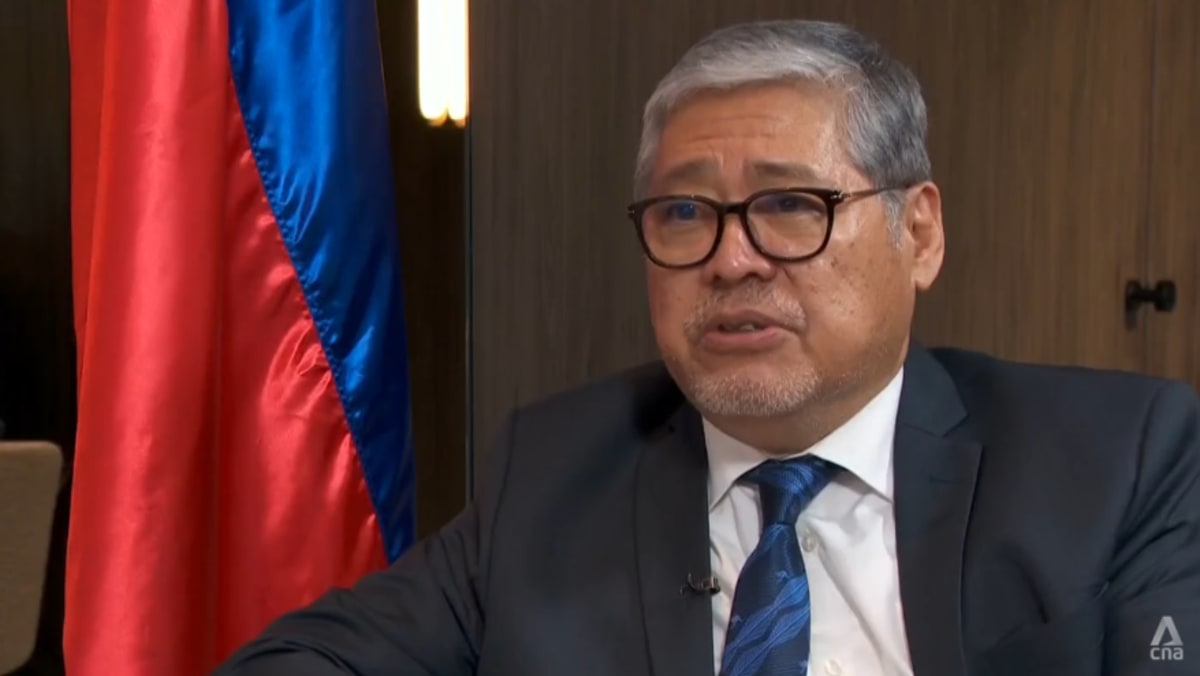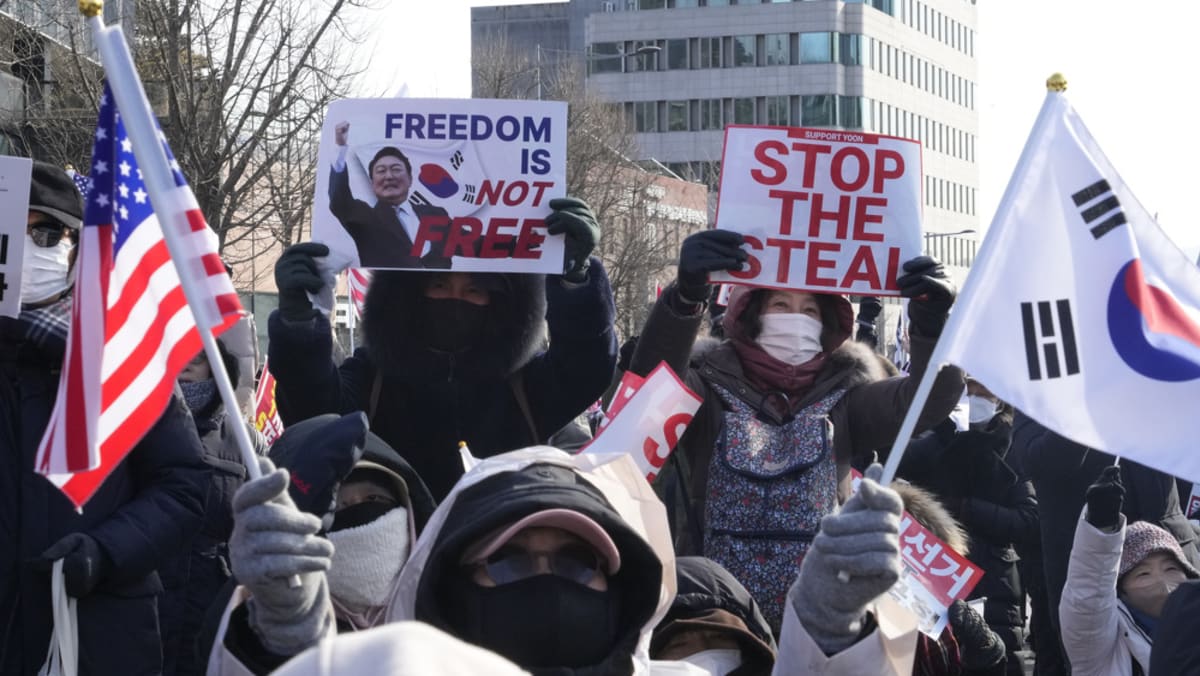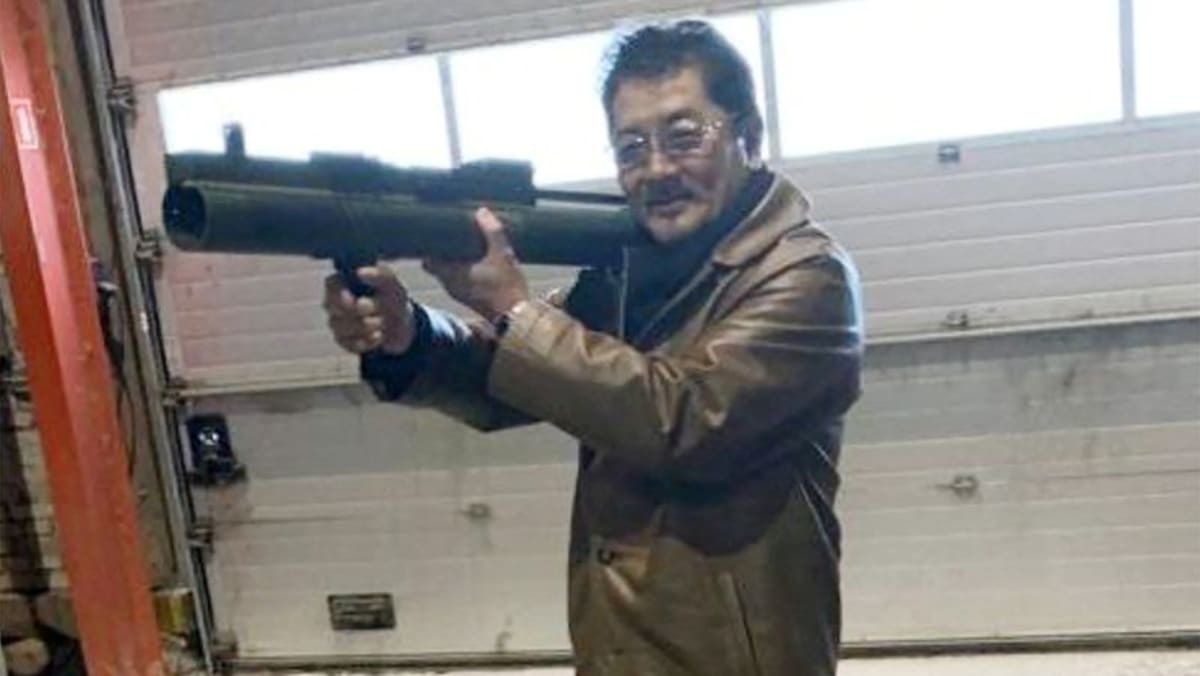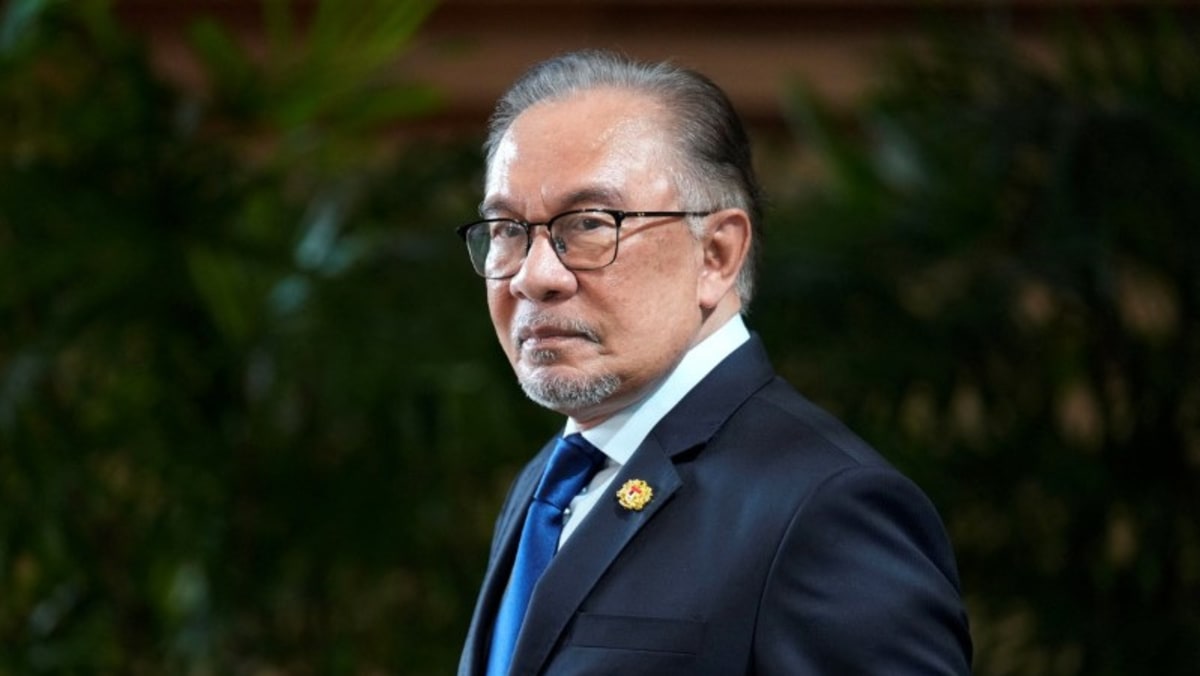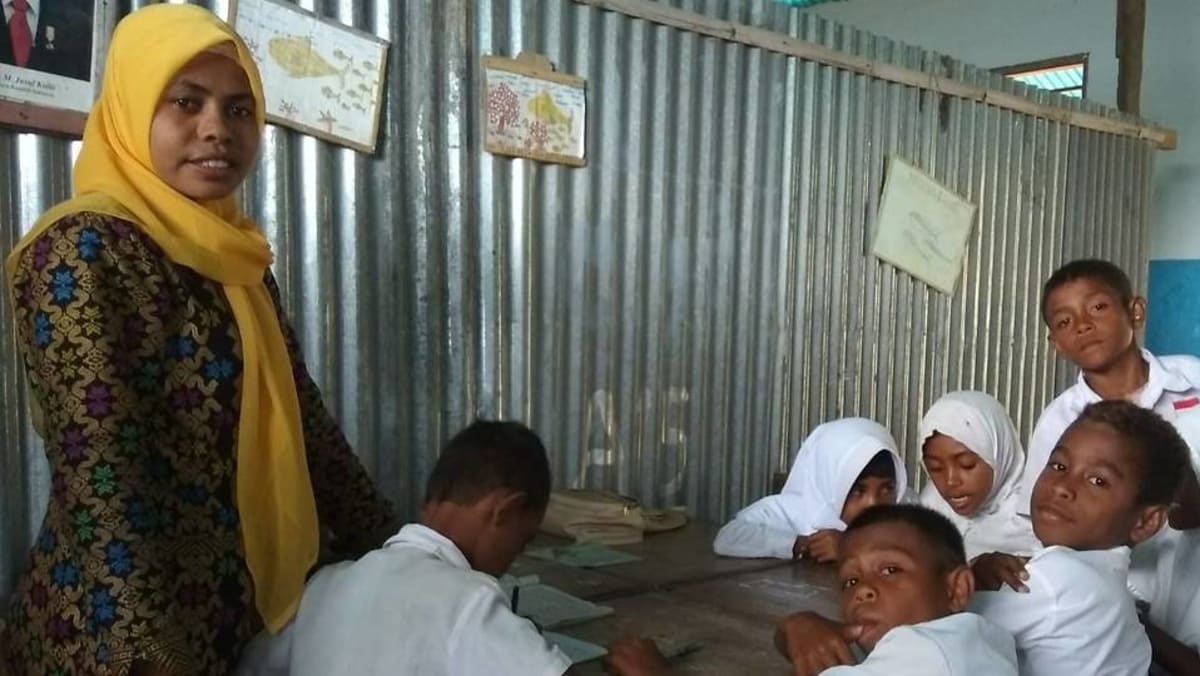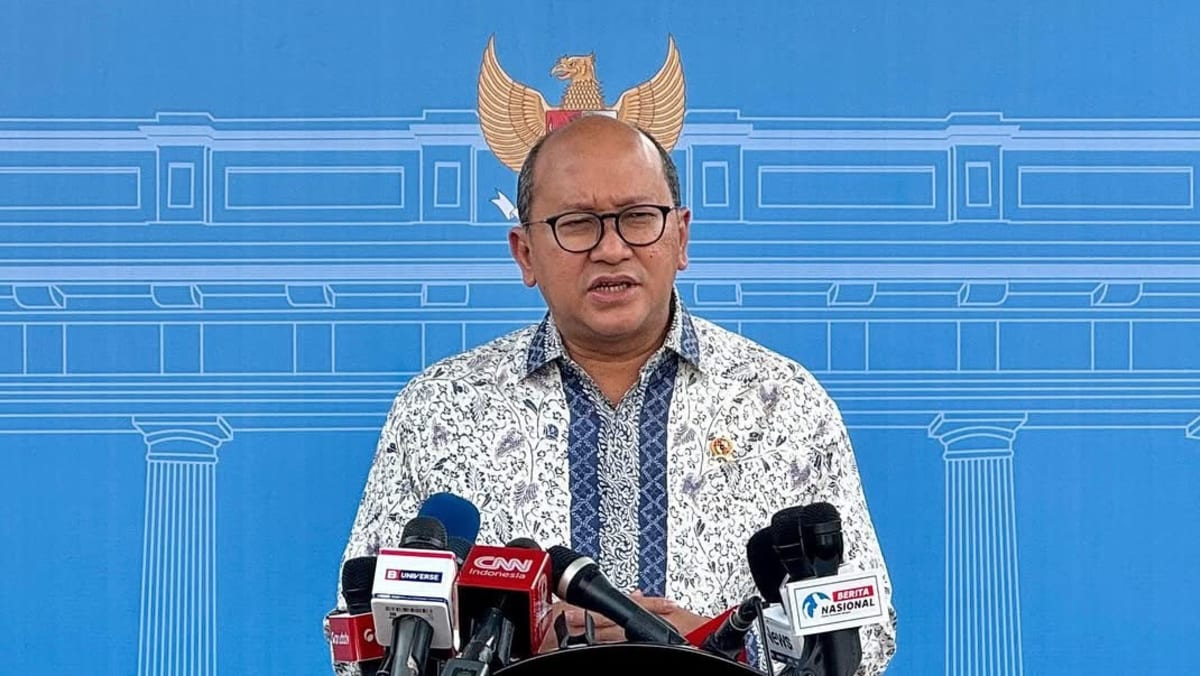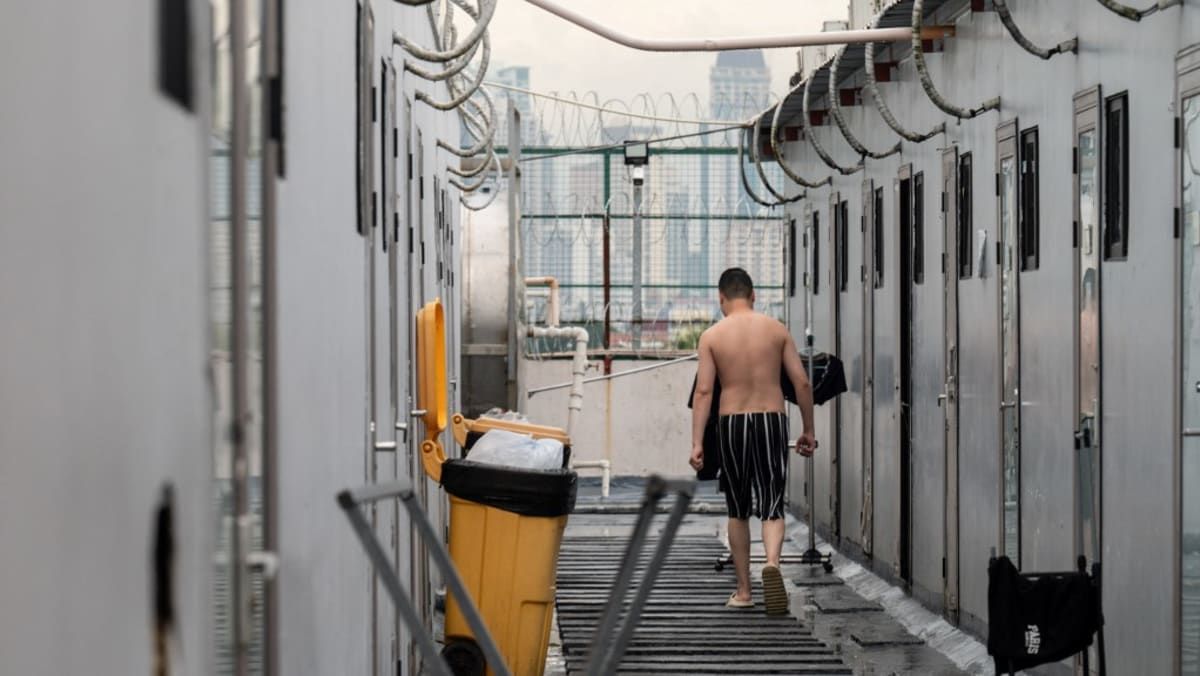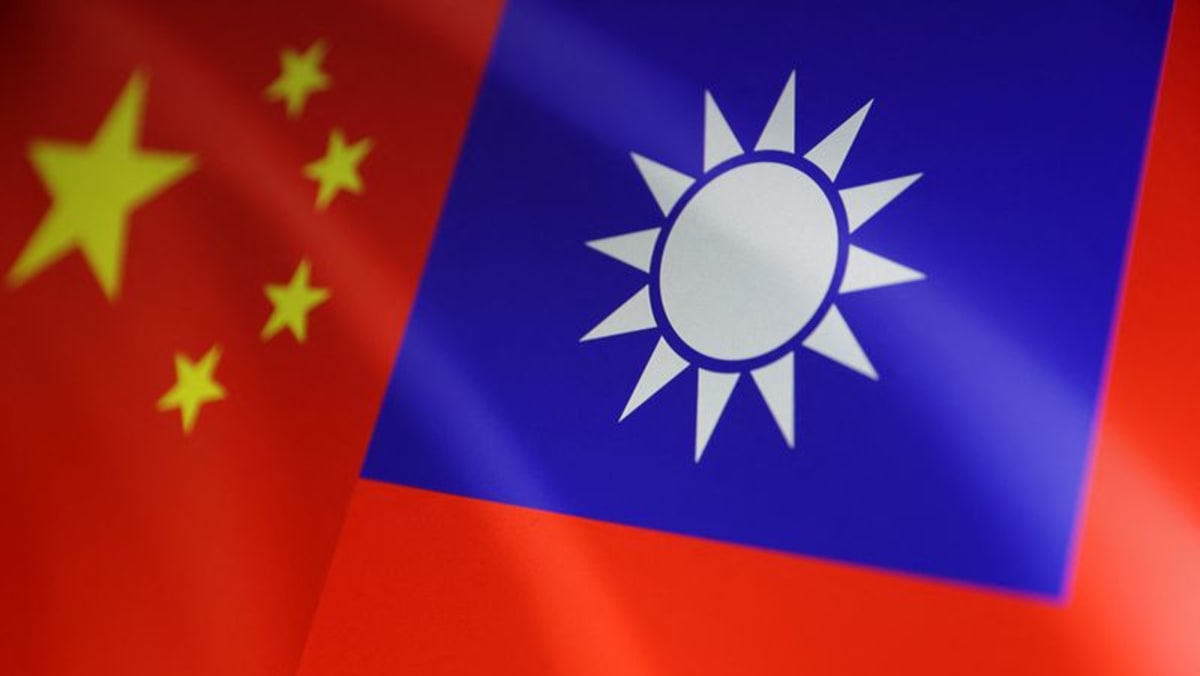Summit drafts ‘blueprint’ for AI use in military; China opts out

Among the details added in the document was the need to prevent AI from being used to proliferate weapons of mass destruction (WMD) by actors including terrorist groups, and the importance of maintaining human control and involvement in nuclear weapons employment.
There are many other initiatives on the issue, such as the US government’s declaration on responsible use of AI in the military launched last year.
The Seoul summit – co-hosted by the Netherlands, Singapore, Kenya and the United Kingdom – aims to ensure ongoing multi-stakeholder discussions not dominated by a single nation or entity.
However, China was among roughly 30 nations that sent a government representative to the summit but did not back the document, illustrating stark differences of view among the stakeholders.
“We also need to be realistic that we will never have the whole world on board,” Defence Minister Brekelmans said.
“How do we deal with the fact that not everyone is complying? …That is a complicated dilemma that we should also put on the table,” he added.
The venue and timing for the next summit is still being discussed, officials said.
At the UN General Assembly in October, South Korean officials said they plan to raise discussions about AI in the military domain based on the ‘blueprint’.
Giacomo Persi Paoli, Head of Programme Security and Technology at the United Nations Institute for Disarmament Research (UNIDIR) said countries should engage with others in between summits to mitigate any risks.
“The blueprint is an incremental step forward,” he said. “By going too fast, too soon, there is a very high risk that many countries do not want to engage.”
Source: CNA


